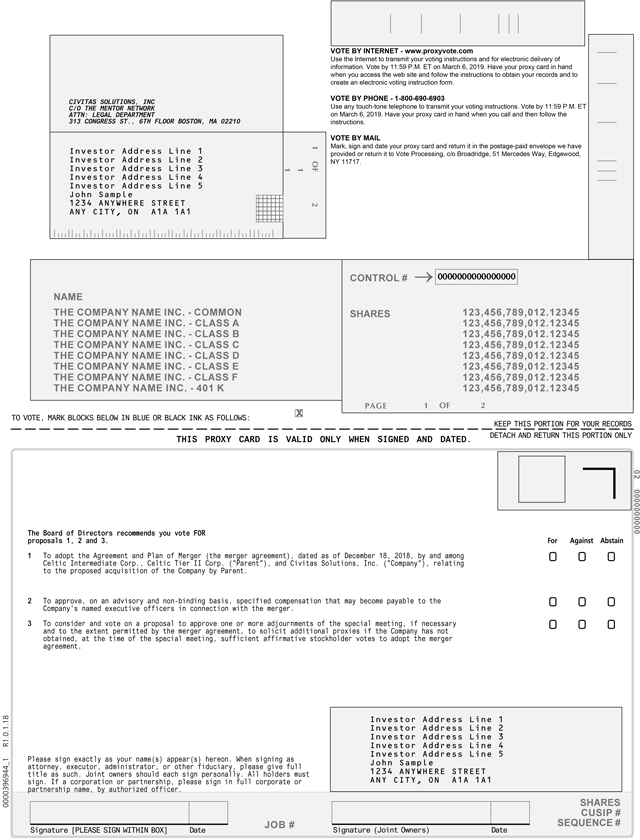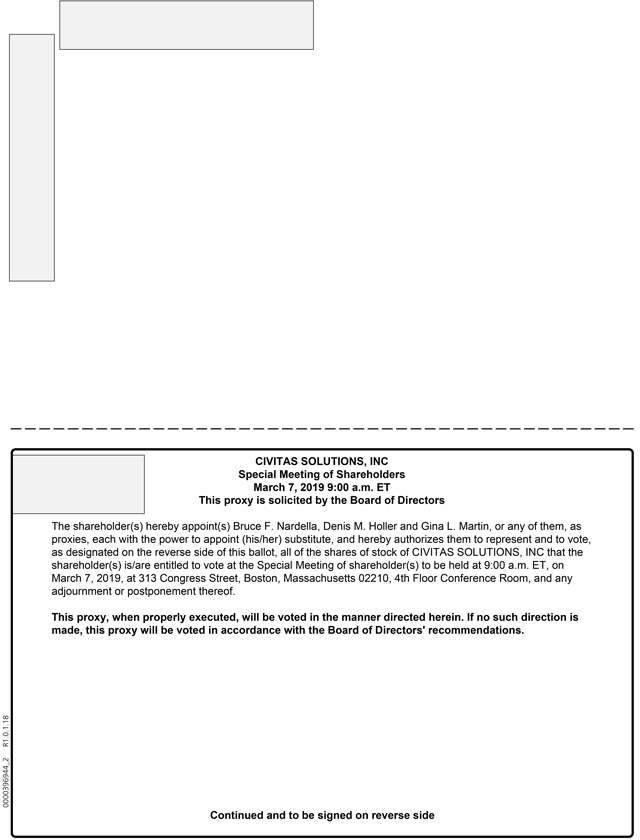(dd) “Environmental Law” means any applicable Law relating to: (i) pollution or protection of the environment (including ambient air (including indoor air), soil vapor, sediment, surface water, groundwater, land, surface or subsurface strata, or natural resources); or (ii) the generation, storage, treatment, transportation, recycling, disposal, discharge, release, handling, control or cleanup of, or exposure to, any Hazardous Substances, as such of the foregoing are promulgated and in effect on or prior to the Closing Date.
(ee) “ERISA” means the Employee Retirement Income Security Act of 1974.
(ff) “Exchange Act” means the Securities Exchange Act of 1934.
(gg) “Financing Sources” means the Debt Financing Sources and the Guarantor and any other Persons, if any, committed to provide the Equity Financing under the Equity Commitment Letter.
(hh) “FTC” means the United States Federal Trade Commission or any successor thereto.
(ii) “GAAP” means generally accepted accounting principles, consistently applied, in the United States.
(jj) “Governmental Authority” means any government, governmental, administrative, self-regulatory or regulatory entity or body, department, commission, board, agency or instrumentality, or other legislative, executive or judicial governmental entity, and any court, tribunal or judicial body, in each case whether federal, state, county, city or provincial, and whether local or foreign. For the avoidance of doubt, the definition of Governmental Authority includes Government Health Program auditing entities such as Zone Program Integrity Contractors (ZPICs), Recovery Act Contractors (RACs), Medicare Administrative Contractors (MACs), Comprehensive Error Rate Testing (CERT) program, or similar state or federal auditors.
(kk) “Governmental Authorization” means any authorizations, approvals, licenses, franchises, clearances, permits, certificates, waivers, consents, exemptions, variances, expirations, terminations of any waiting period requirements (including pursuant to Antitrust Laws) or similar authorizations issued by or obtained from, and notices, filings, registrations, qualifications, declarations and designations with, a Governmental Authority.
(ll) “Governmental Health Program” means any federal health program as defined in 42 U.S.C.§ 1320a-7b(f), including Medicare, Medicaid, TRICARE, CHAMPVA, and state healthcare programs (as defined therein), and any health insurance program for the benefit of federal employees, including those under chapter 89 of title 5, United States Code.
(mm) “Group” has the meaning as used in Section 13 of the Exchange Act.
(nn) “Hazardous Substance” means any hazardous or toxic substance, material or waste, pesticide, pollutant, contaminant, toxic chemical, petroleum, petroleum product orby-product, medical waste, polychlorinated biphenyls, asbestos or asbestos-containing material, lead-based paint, or mold, mildew or mycotoxin.
(oo) “Healthcare Law” means all healthcare Laws applicable to the business of the Company, including Title XVIII of the Social Security Act, 42 U.S.C. §§ 1395-1395lll (the Medicare statute), including the Ethics in Patient Referrals Act, 42 U.S.C. § 1395nn; Title XIX of the Social Security Act, 42 U.S.C. §§1396-1396w-5 (the Medicaid statute); the Federal Health Care Program Anti-Kickback Statute, 42 U.S.C.§ 1320a-7b(b); the False Claims Act, 31 U.S.C. §§ 3729-3733; the Program Fraud Civil Remedies Act, 31 U.S.C. §§ 3801-3812; the Anti-Kickback Act of 1986, 41 U.S.C.§§51-58; the Civil Monetary Penalties Law, 42 U.S.C. §§1320a-7a and1320a-7b; HIPAA; and any and all applicable healthcare Laws relating to billing or claims for reimbursement submitted to any Governmental Health Program; the Deficit Reduction Act of 2005, and the Patient Protection and Affordable Care Act of 2010, in each case as applicable.
A-6







